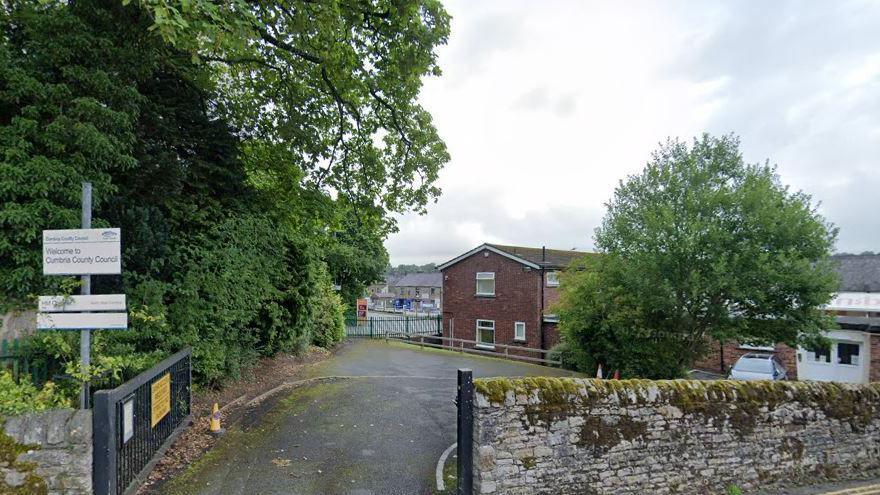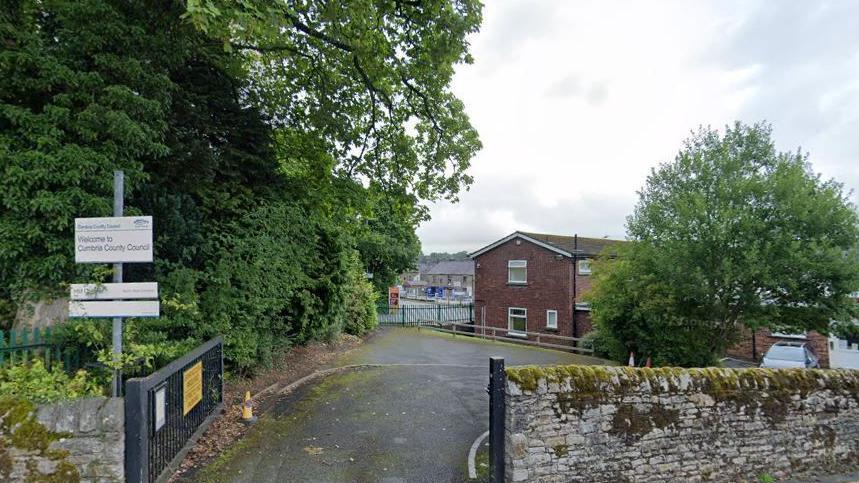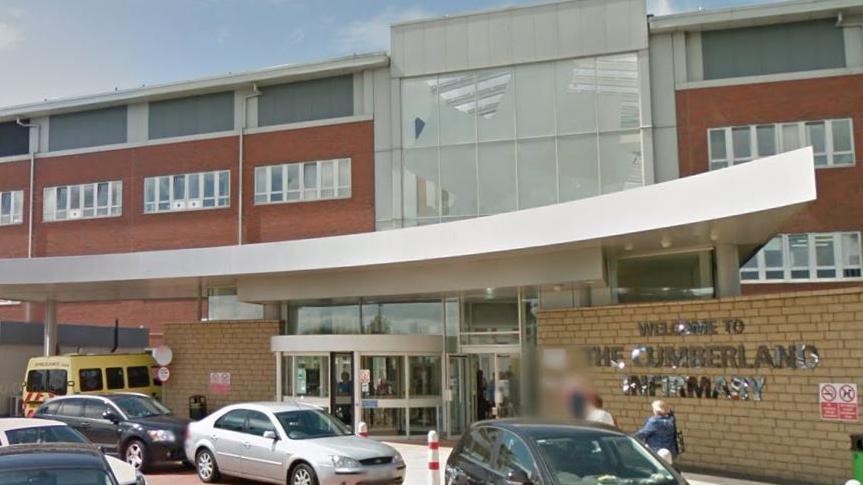Warning after mental health care 'passed around'

Stephen Lindsay was terminally ill when he took his own life
- Published
A coroner has raised concerns that future deaths may happen if issues are not addressed which meant no one took responsibility for the mental health care of a terminally ill man.
Robert Cohen, assistant coroner for Cumbria, has issued a prevention of future deaths report - a process used by coroners to flag systemic issues that emerge from inquests - following the death of Stephen Lindsay.
Mr Lindsay, of Cockermouth, was terminally ill with a metastatic oesophageal cancer when he took his own life at the age of 71.
The North East and North Cumbria Integrated Care System (NECS), which is made up of agencies providing care in the region, said it was reviewing the support Mr Lindsay had received.
An inquest into his death earlier this year concluded Mr Lindsay had died by suicide.
'Felt overwhelmed'
Following the inquest, Mr Cohen raised concerns that despite Mr Lindsay's suicidal ideation being known to several teams involved in his care, no one took responsibility for his mental health.
His report stated that in November 2023, the month following his cancer diagnosis, Mr Lindsay had told his GP he felt "overwhelmed".
After a procedure at the Royal Victoria Infirmary in Newcastle, the mental health team there wrote to the GP with concerns.
"[They noted] that the efficacy of antidepressant medication should be 'monitored by services supporting Stephen locally'," said Mr Cohen.
But when the GP referred him to the local community team run by Cumbria, Northumberland, Tyne and Wear NHS Foundation Trust its reply said it was not a service that could offer the "interventions that are needed at this stage".
It said: "I am surprised that palliative care/McMillan (sic) team don’t have staff that can help Stephen understand the diagnosis and prognosis.
"I am sorry that I can’t be anymore help."
Mr Lindsay died on 28 February 2024.
'Lack of clarity'
Mr Cohen said none of the services had been "willing to accept" that his mental health care fell within their remit.
He added: "I am concerned that there is a risk that in future cases mental health support will not be provided to those suffering from terminal illness and that this may lead to other patients experiencing crisis and attempting to end their lives.
"I consider that the lack of clarity as to the responsibility for providing such care may cause further deaths."
The report was sent to NECS, which has 56 days to reply with details of actions it will take to address the concerns and the timescale.
A NECS spokesman said it expected to provide a detailed report to the coroner in September.
They added: "We take all concerns very seriously and are carefully reviewing Mr Lindsay's care and the support he received."
If you are affected by any of the issues raised in this article, help is available through the BBC's Action Line.
Related topics
More stories from BBC North East and Cumbria
- Published1 August 2024

- Published16 May 2024
